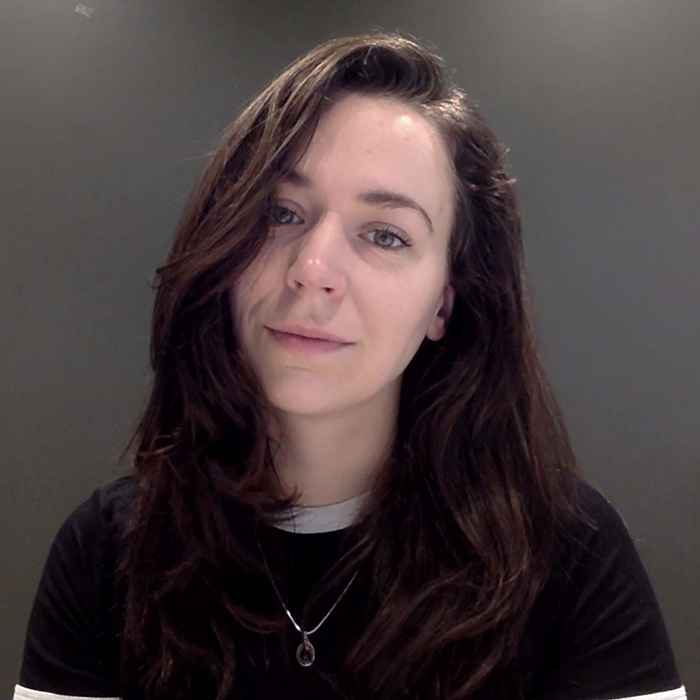Lilian Emming (BSc in Psychology)
Track Cognitive Neuroscience (2017 - 2019)

The fact that you can choose your own track and decide whichever elective courses you want to take, made this master very appealing to me and therefore suited my interests very well.
I expected this master to be very hard and challenging, but also to be extremely interesting. I can definitely say that all these expectations were met, however, the first few courses were slightly more challenging than initially expected. Luckily, the fact that everyone in this master’s experiences this period as equally intense, made these challenges manageable. After the first two periods you are used to the expected level of work and you soon start your internships, in which you get used to the 9-5 working life!
My first internship was at the social brain laboratory at the Netherlands Institute for Neuroscience (Keysers and Gazzola group). We used two-photon calcium imaging to assess the effect of low-intensity focused ultrasound as a non-invasive neuromodulation tool. Even though the project was not yet completely up and running when I arrived, I had a great experience working in this lab. The work-environment was great, my supervisor was extremely nice, and I learned a lot in regard to starting a project from scratch.
Recently, I started my second research project at the Swammerdam Institute for Life Sciences, working at the Cognitive and Systems Neuroscience group (Pennartz lab). I will be studying the temporal dynamics of multisensory evidence accumulation and decision making. I just started this internship so I cannot say much about it yet, except that I’m expecting to learn different neural activity recording techniques (e.g., multiunit recordings and patch clamping) as well as optogenetics.
I would like to obtain a PhD after I graduate. I think that a PhD opens up many different career opportunities and will tell you whether you want to continue in research or whether you want to switch to something else.
A typical week of a Brain and Cognitive Sciences student
I was in the cognitive neuroscience track and took the courses neurophysiology, and brain and cognition during the first period. These two months were the hardest months of the whole master, but luckily, I made a close friend with whom I studied and we hung-out a lot. This was really helpful, because in general we decided to study together after class, which naturally motivated me to study and work really hard. The courses itself were fascinating but also quite difficult, and most classes were given by guest lecturers. These courses also included practical sessions. For instance, for neurophysiology we had to create an actual electrical circuit similar to that of the electrical properties of a single neuron and had to create a simulation of a neuron’s action potential to assess some of its important electrical characteristics, using an online computer program. This really helped me, and others, to fully comprehend how neurons in the brain communicate.
Aside from studying and attending lectures, most of us joined the weekly Tuesday-drinks of the student union (Cognito) of our master’s. This was a nice and fun way to get to know the other first and second year students, as well as alumni students of our master’s. Cognito also organises really cool educational and social events, such as a brain slice event, the annual—and very popular—CogniTalks event in Pakhuis de Zwijger, as well as Halloween and a traditional Dutch “Sinterklaas” party. Furthermore, during this master you get to know so many fascinating people from many different backgrounds and nationalities, and you quite possibly make new friends for life!